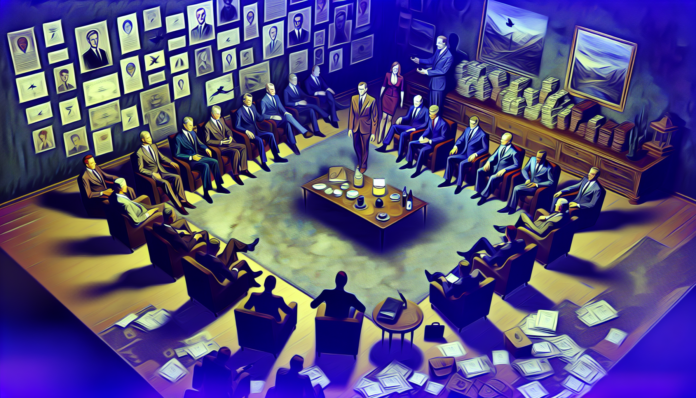Introduction
In the age of social media, celebrity relationships seem more scrutinized than ever. Recent allegations surrounding high-profile couples, like the rumored affair involving actor Adam Levine, have reignited discussions around trust and fidelity in modern marriages. These incidents not only captivate public attention but also provoke deeper reflections on societal norms regarding relationships.
Historically, the context of fidelity has shifted dramatically. In the early 20th century, scandals often whispered through parlors and dinner parties rather than trending on social media. As we compare the past to present-day reactions, we see a fascinating evolution in societal attitudes towards celebrity infidelity.
The Scandal: Adam Levine’s Alleged Infidelity
In September 2021, pop icon Adam Levine faced backlash after model Sumner Stroh claimed she had a year-long affair with him. Stroh released TikTok videos detailing their relationship, claiming that Levine had approached her with suggestive messages, including asking if he could name his impending child after her. The video quickly gained traction, drawing in millions of viewers and igniting debates on loyalty and betrayal.
Key moments from the fallout included:
-
Public Reaction: Fans were shocked, leading to a wave of memes and discussions about “what it means to be faithful.” While some exhibited sympathy for Levine’s wife, Behati Prinsloo, others criticized Levine for his alleged actions.
-
Supporting Voices: Celebrities chimed in on the discourse, with some defending Levine while others emphasized the importance of loyalty in relationships.
- Quotes from Social Media: One Tweet succinctly captured the chaos: “We need to stop romanticizing cheating – it’s not just a scandal, it wrecks lives!”.
This incident highlighted not just a personal betrayal but also stirred a larger conversation about trust, honesty, and the pitfalls of modern communication methods.
Moral and Cultural Analysis
When examining the societal response to Levine’s alleged infidelity, it’s clear that attitudes have shifted dramatically from past scandals. Historically, public figures caught in affairs faced severe backlash, often resulting in canceled careers and public ostracism. For instance, in the 1930s, the infamous affair between actress Jean Harlow and gangster Paul Bern led to public scandal that was hotly debated for years and ultimately impacted Harlow’s career.
Societal Reactions Then vs. Now:
-
In the past: Affairs were often treated as catastrophic failures, marred by shame and scandal. Society reacted with outrage, and the media frenzy often pushed those involved into obscurity.
- Today: The response is more nuanced. While Levine faced criticism, the discussions also allowed for empathy, with many fans expressing their support for Prinsloo and emphasizing the need for understanding in public relationships.
Consequences for Those Involved:
-
Levine’s reputation took a hit, and while the immediate impact on his career was minimal, public perception will likely influence his personal and professional relationships moving forward.
- The ability of social media to amplify scandals means that celebrities must navigate their public personas carefully. In contrast, historical figures had minimal recourse, often having to endure the scorn or rebuild their public images over years.
Reflecting on these changing dynamics, the discourse around infidelity has become less about vilification and more about personal narratives and the complexities of love in the modern world. As we continue to grapple with trust issues in celebrity relationships, it’s evident that while norms may have evolved, the pulse of societal interest remains as vigorous as ever.

